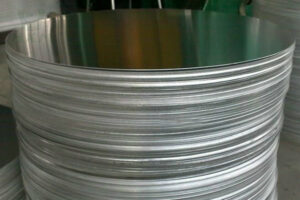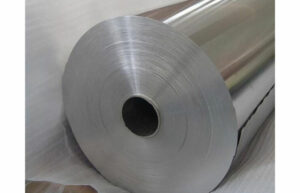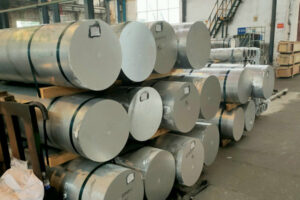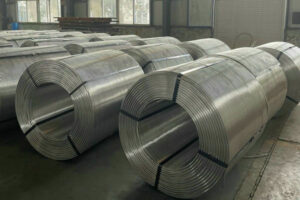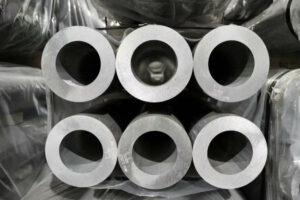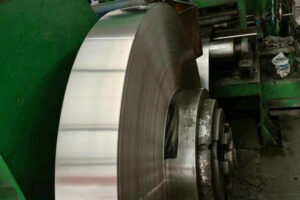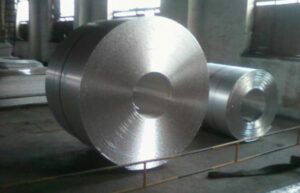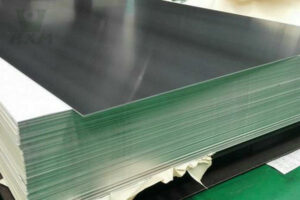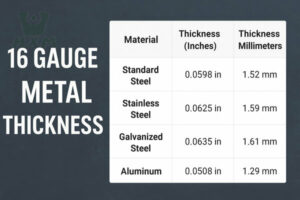Magnetism manifests itself as either a force of attraction or repulsion.
As a matter of fact, we have both magnetic and non-magnetic metals. Whether a metal is magnetic or non-magnetic depends on many variables including crystal structure and electron configuration.
Today, we will explore aluminum magnetic properties. That is, whether aluminum is magnetic or not.
Is Aluminum Magnetic or Non-magnetic?
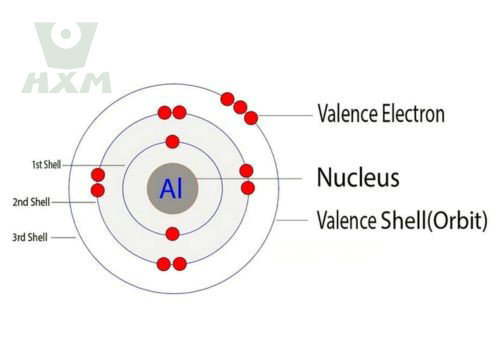
Pure aluminum is a non-magnetic metal. However, aluminum alloys can be magnetic metals.
Reason – aluminum alloys may contain other ferromagnetic materials such as iron. As a result, aluminum alloy may attract magnets.
With that in mind, let’s go a step further to explore the relationship between aluminum metal and magnets.
Why is Aluminum Not Magnetic?
Magnetism in materials manifests when electrons spin thereby producing magnetic moments. So, for every magnetic domain, there exist magnetic moments.
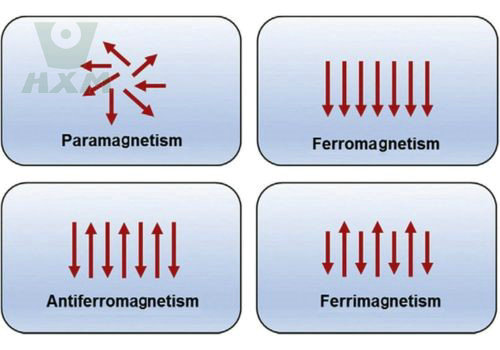
Whenever there is a magnetic field, the magnetic domain aligns hence, the magnetic phenomenon.
But, is this the case for aluminum magnetism?
Aluminum face-centered cubic crystal structure largely contributes to its non-magnetic properties. However, if you subject a thin aluminum sheet to a strong magnetic field, you will notice hues of magnetism.
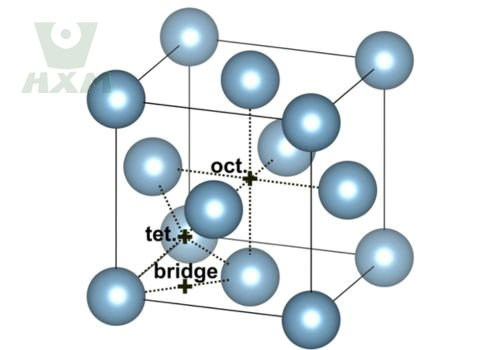
Aluminum as Paramagnetic Material
Pure aluminum is a paramagnetic material, just like other metals such as magnesium, molybdenum, and lithium. Unlike ferromagnetic materials, paramagnetic materials experience unique properties when subjected to magnetic field:
Weak magnetic susceptibility, which is usually positive
Cannot retain magnetism
They are slightly attracted to a magnet
It is actually for this reason that a thin sheet of aluminum exhibits hues of magnetism.
Factors Influencing Aluminum Magnetic Properties
Variables | Remarks |
Electron configurations | · 3 free electrons · Electrons are loosely bound however, their action does not amount to producing significant magnetism |
Magnetic susceptibility | · 2.1×10−5, which is extremely low |
Crystal structure | · Face-centered cubic structure · Atom arrangement in the crystal structure prevents magnetic domains from aligning thereby producing zero net magnetism |
Note: At times, there is always “false” magnetism in aluminum. This can be attributed to the induced current or coatings containing ferromagnetic materials.
Application of Aluminum Due to Weak Magnetic Properties
Aluminum non-magnetic properties make it a perfect material for many applications. You will find aluminum in:
Motors
Radiators
Air conditioning systems
Smartphones
Fridges
Hard drives
Magnetic shielding applications, etc.
Ideally, you can use aluminum in applications that require better electrical conductivity, lightweight, and corrosion resistance alongside non-magnetic properties.
FAQ
1.Does Aluminum Block Magnetic Fields?
Aluminum can partially block magnetic fields. However, it is not as effective as other materials such as steel.
Remember, even though aluminum is a non-magnetic material, it may interact with a magnetic field. This is mainly attributed to its good electrical conductivity.
But even with better electrical conductivity, aluminum shielding is a common practice in electrical and electronics industry.
2.Is Aluminum Alloy Magnetic?
Yes and No.
If the alloy has non-magnetic metals, then definitely the aluminum alloy will remain non-magnetic.
On the other hand, if the alloy has ferromagnetic materials, then the aluminum alloy will be magnetic. A good example the Alnico (aluminum-nickel-cobalt). Alnico alloys are popular permanent magnets.
3.Is Aluminum Can Magnetic?
A can made from pure aluminum or alloys with non-ferromagnetic materials is non-magnetic.
4.Is Aluminum Foil Magnetic?
No – unless it has some elements of ferromagnetic materials.
5.Is Aluminum Attracted to Magnet?
Pure aluminum is non-magnetic. Aluminum is inherently a paramagnetic material.
6.Is Aluminum Sheet Magnetic?
Unless the aluminum sheet has some ferromagnetic elements, a pure aluminum sheet is a non-magnetic material. Here are some aluminum sheet grades for your applications.
7.Is Aluminum Wire Magnetic?
Pure aluminum wire is a non-magnetic material. However, if the wire has some ferromagnetic magnetic materials it will attract magnets.
8.Is Aluminum Tape Magnetic?
No – however, if the tape’s composition has ferromagnetic elements then it may exhibit magnetic properties.
9.Is Aluminum 6061 Magnetic?
No – it is a non-magnetic aluminum grade.
10.Can you Magnetize Aluminum?
As a pure metal, aluminum cannot be magnetized. Even in the presence of a strong magnetic field, the magnetism is quite insignificant.
However, by adding certain ferromagnetic elements, aluminum can be magnetized. A good example is the AlNICo magnets.
The key to choosing high-quality aluminum products
If you are looking for high-quality aluminum products, such as aluminum plates, aluminum bars, aluminum alloy materials, etc., it is crucial to choose a reliable supplier. Here are a few key points:
Pay Attention to the Purity and Alloy Composition of Aluminum
Aluminum materials for different purposes have different purity and alloy composition. For example:
Pure aluminum (such as 1050, and 1100 aluminum): suitable for power, chemical, and other industries.
Aluminum alloys (such as 6061, and 7075 aluminum alloy): suitable for aerospace, automobile manufacturing, and other fields.
Choose the Right Aluminum Specifications
Aluminum products have different specifications, such as thickness, width, hardness, etc. Choosing the right size and performance can improve the efficiency of use.
Pay Attention to the Processing Technology of Aluminum
High-quality aluminum materials usually undergo rigorous rolling, heat treatment, anodizing, and other processes to improve corrosion resistance, mechanical properties, and service life.
Supplier Qualifications and Prices
Formal supplier certification: Choose suppliers with ISO certification or other international certifications to ensure product quality.
Reasonable price: The price of aluminum in the market varies depending on the quality and specifications. It is recommended to consult multiple suppliers for quotes.
In Conclusion
As you can see, aluminum is a non-magnetic material. By adding ferromagnetic materials to make aluminum alloys, they may become magnetic.
Whether you are looking for aluminum coils, aluminum strips, aluminum bars, or aluminum tubes, HXM is your trusted aluminum metal manufacturer in China – talk to us now.
